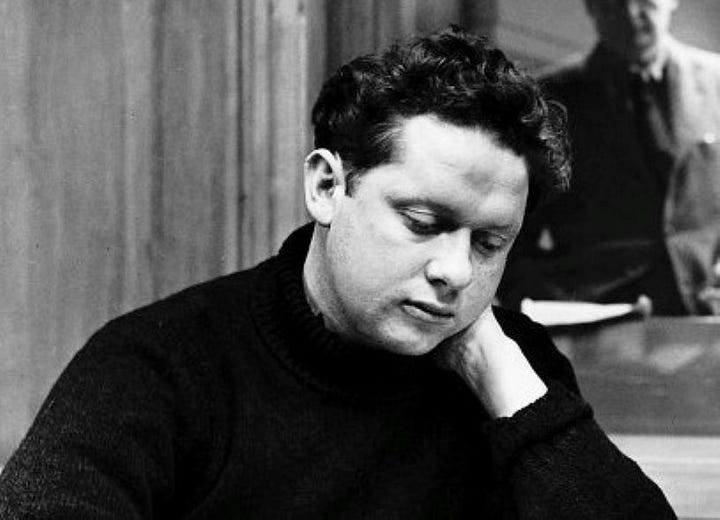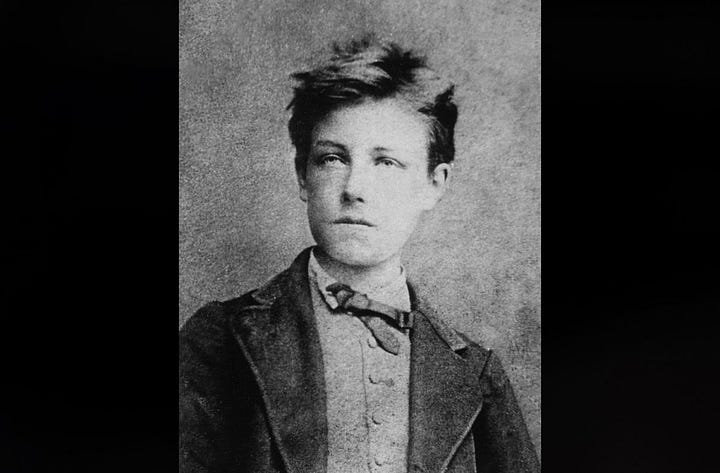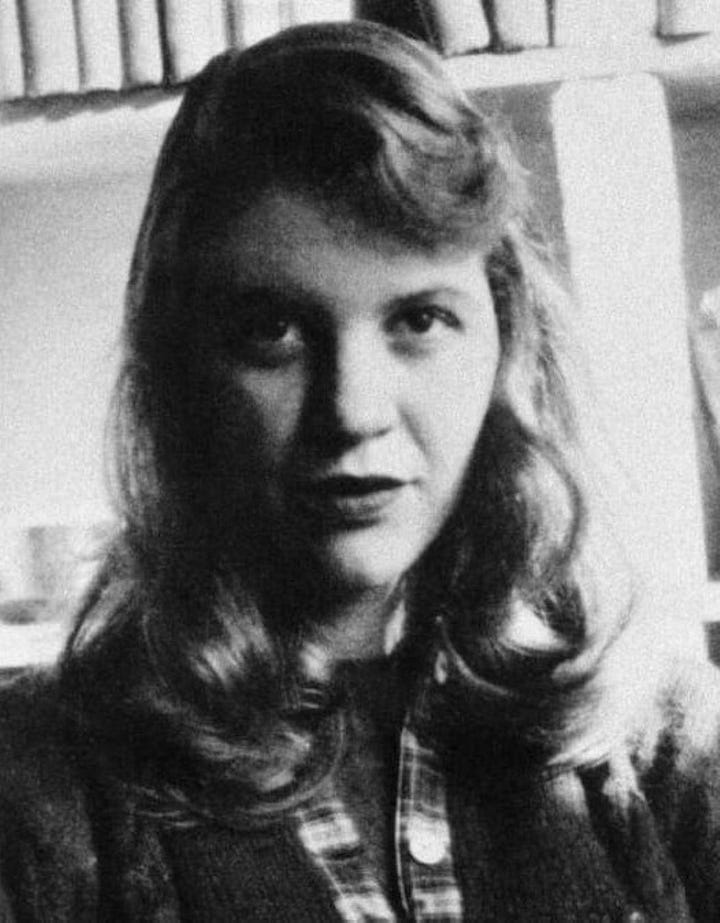Poetry is, in my mind a way of giving one cause to pause and chew on the poets’ mind. This form of thinking with a column of words has been a confounding fascination of mine for several years. It’s puzzling that this seed of poetic immersion has been planted at all, considering my high school education in the dark ages. The first year english classes made me want to run as far away as I could. The teacher thought he could guide our virgin minds to actually enjoy medieval gaelic ballads. It was downhill from there. The ensuing years, after somehow surviving the first included a Shakespearean play, sonnets included every year. I think the teachers got too much joy from it all. No wonder we took up drugs.
5 years later, someone gave me a copy of On The Road by Jack Kerouac. It wasn’t poetry, but very poetic. I started checking out his buddies, who came to be known as The Beat Writers. Finally, poetry was taken off the dusty shelves of academia and dropped onto a soap box for all to witness. They all wrote poetry that opened my eyes in ways I didn’t think possible. There just wasn’t enough of it to satiate my curiosity.
My further investigations brought me to an online platform for writers, many of whom were poets, and introduced me to a world of column writers. Out of nowhere came Arthur Rimbaud. A Season In Hell is a long form prose poem that I’ve been reading for years, and every time I pick it up I’m led to his world while thinking of my own.
Before I knew it, I was spewing out haikus, 3 lines, 17 syllables meant to capture a second in time. As far as the accepted structure of them, it seems there is another way of looking at it. A Japanese language scholar and Zen Buddhist has challenged that. Put simply, it’s mechanics. Our grammar and there’s don’t agree. Gary Snyder is a scholar worth looking at. Now my Haikus started becoming more abstract. Involved in that second of time, and not form.
Some years ago, I attended a party held by an artist friend of mine. He asked me to read Howl by one of the beat writers, Allen Ginsberg. Written in the 1950s, it was immediately banned. A court case proved that the obscenity was not obscene given the changing literary road driven by many.
The night of the party arrived, I took out a book containing the poem; the host strapped on his Stratocaster and a young lady pounded on a djembe. A night never to be forgotten.
Poetry has become a deeper immersion than I could imagine. I write poetry when I’m stricken with the spark, but I’m no poet, just a word doodler.
Poets own the world, bankers are just borrowing it and the interest is far too low.




From top left:
Dylan Thomas, Paris Review, Jack Kerouac, uncredited, Arthur Rimbaud, uncredited, Sylvia Plath, Bloomsbury Publishing.


